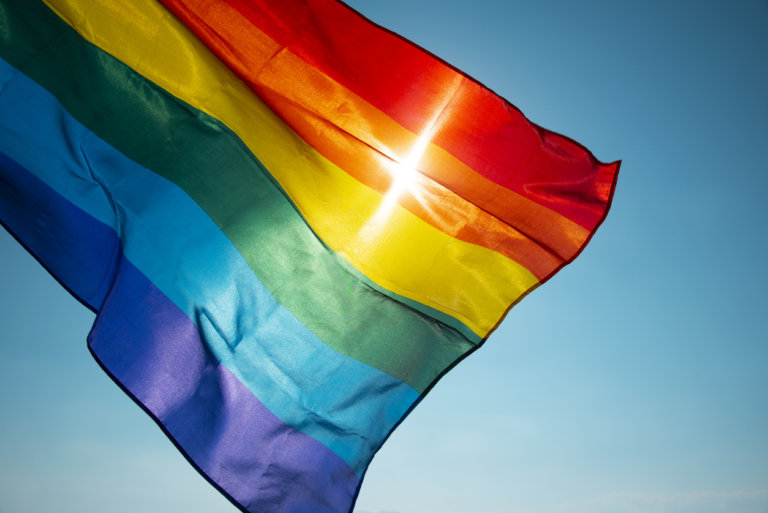In a landmark ruling, the U.S. Supreme Court held that Title VII of the Civil Rights Act prohibits discrimination based on sexual orientation and gender identity.
While LGBTQ workers in New York have long had protections against discrimination under local and state law, the high court has now extended federal protections to millions of workers nationwide. Despite these protections, LGBTQ workers in New York and across the U.S. continue to face discrimination. If you believe you have been treated unfairly because of your sexual orientation and/or gender identity, it takes a skilled employment lawyer to protect your rights.
The Backdrop on the LGBTQ Discrimination Ruling
As we had written in a prior blog post, the Supreme Court agreed to hear the combined civil rights cases in April 2019. In a 6-3 opinion written by Justice Neil Gorsuch (appointed by President Trump), the court held:
“An employer who fires an individual for being homosexual or transgender fires that person for traits or actions it would not have questioned in members of a different sex. Sex plays a necessary and undisguisable role in the decision, exactly what Title VII forbids.”
A Group of Sex Discrimination Cases
The Supreme Court’s ruling involved two consolidates sexual orientation claims and a separate case involving an employee who was fired after coming out as transgender.
In Bostock v. Clayton County, Gerald Bostock, the child welfare coordinator for Clayton County, Ga, contended he was fired after he joined a gay recreational softball league in 2013. The second case (Altitude Express v. Zarda), involved a skydiving instructor who claimed he was fired because of his sexual orientation. The court also ruled in R.G. & G.R. Harris v. EEOC, in which Aimee Stephens, a funeral home employee, claimed she was fired after she came out as transgender.
Justice Gorsuch was joined by Chief Justice John Roberts and the four liberal justices in the majority opinion:
“In Title VII, Congress adopted broad language making it illegal for an employer to rely on an employee’s sex when deciding to fire that employee,” the court said. “We do not hesitate to recognize today a necessary a necessary consequence of that legislative choice: an employer who fires an individual merely for being gay or transgender defies the law.”
According to some observers, this is the most significant ruling with respect to the civil rights of gay and transgender individuals since the court’s 2015 ruling recognizing a constitutional right to same-sex marriage.
Why This Matters
While today’s decision concerns discrimination in the workplace, it may ultimately lead to other claims of discrimination based on sexual orientation and transgender status. If you believe your civil rights as a member of the LGBTQ community have been violated, turn to Lipsky Lowe LLP. Our experienced employment discrimination lawyers will be the strength in your corner.


